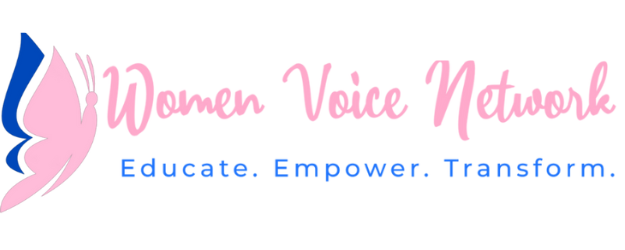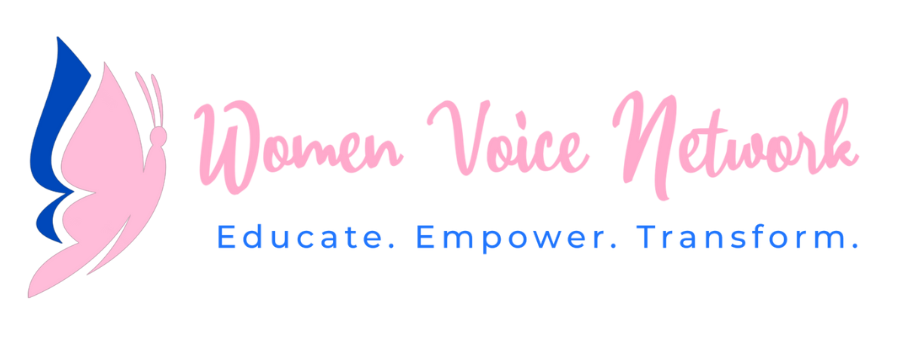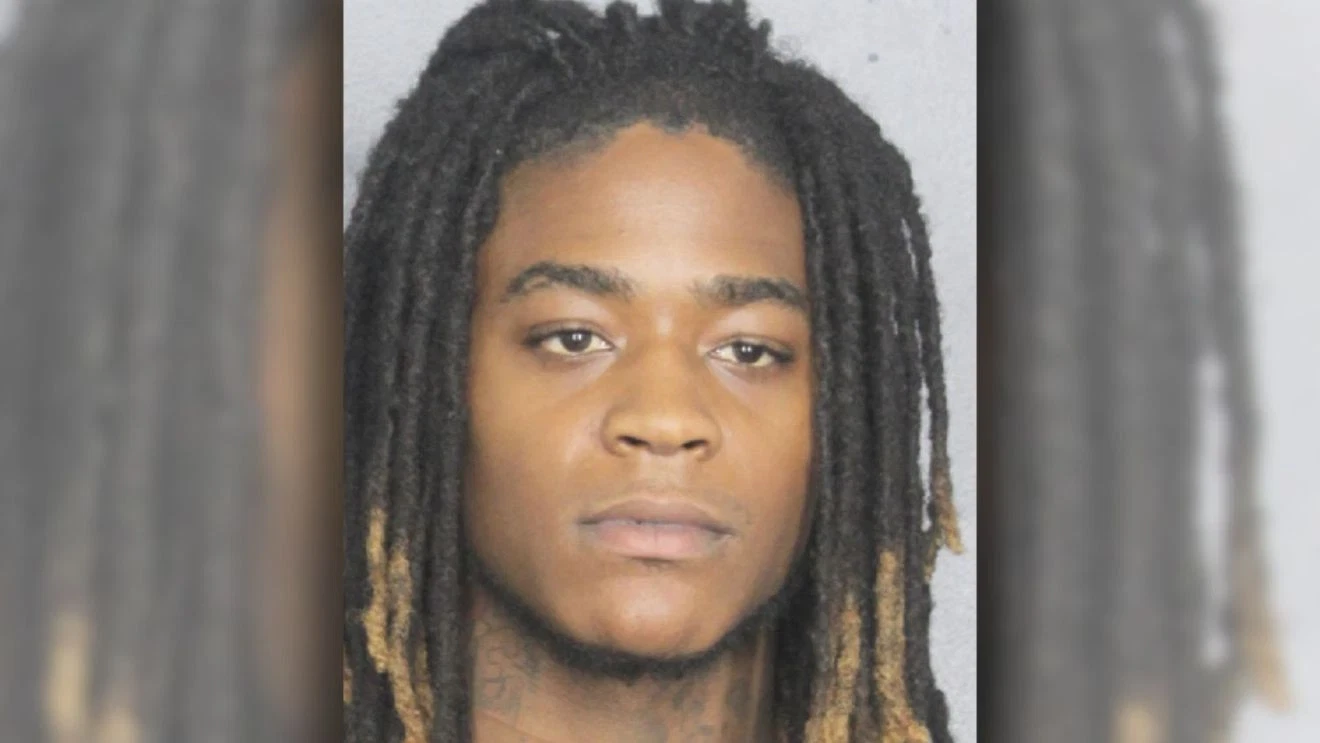Human Trafficking Operation Nets Two Arrests and Rescues 14 Victims in Broward County
In a significant step towards combating human trafficking in Florida, a two-day operation conducted by the Broward Sheriff’s Office (BSO) resulted in the arrests of two men, alongside efforts to provide assistance to 14 victims. The operation, known as “Operation Suite 16,” was focused on identifying and assisting victims of human trafficking while apprehending those responsible for exploiting them.
Arrests of Two Suspected Traffickers
The operation culminated in the arrest of Deavion McClendon, 21, and Randall Taylor, 38, both charged with serious crimes related to trafficking. These arrests not only underscore the persistence of human trafficking in the area but also spotlight the continued effort of law enforcement to bring traffickers to justice.
Arrest of Deavion McClendon
McClendon was identified during the operation as a potential trafficker. According to BSO, McClendon was seen dropping off a victim in Dania Beach on August 22. Detectives recognized McClendon from a felony warrant issued for his arrest related to auto theft. As detectives approached him, McClendon attempted to flee by getting into his car and ramming several occupied police patrol vehicles in the process.
McClendon was apprehended and now faces multiple charges, including aggravated battery on law enforcement officers and fleeing and eluding. Although he was originally sought for auto theft, detectives believe he was involved in human trafficking, and an ongoing investigation will determine the full scope of his criminal activities.
Arrest of Randall Taylor
Randall Taylor’s criminal history paints a much darker picture. Described by investigators as a manipulative trafficker, Taylor targeted vulnerable young women and teenagers, especially those facing homelessness or battling substance abuse. Exploiting their vulnerabilities, Taylor allegedly coerced his victims into engaging in commercial sex acts, selling illegal drugs, and committing fraud. His method of control was to exploit his victims’ addictions, thereby tightening his grip on them through coercion and dependency.
Taylor’s charges are extensive and include sex trafficking, labor trafficking, human trafficking of a minor, and deriving support from the proceeds of prostitution. One of the most harrowing charges is aggravated manslaughter, stemming from the overdose death of a 16-year-old girl in 2019, an event that investigators believe Taylor played a direct role in facilitating.
Taylor is currently serving time in federal custody on unrelated charges, but authorities expect that he will be brought to Broward County to face the new charges as soon as his federal sentence is completed.
Victims Offered Critical Support Services
While the arrests of McClendon and Taylor represent a victory for law enforcement, the focus of “Operation Suite 16” was also on providing help to the 14 victims identified during the initiative. These victims, many of whom had endured years of abuse, coercion, and exploitation, were offered a range of support services designed to help them rebuild their lives.
Among the services provided were:
- Food and lodging: Many of the victims were homeless or living in precarious conditions, so safe housing and meals were provided.
- Medical services: Physical and mental health care were prioritized for these victims, who often experience severe trauma.
- Drug rehabilitation: Given that many of the victims had been coerced into addiction by their traffickers, rehabilitation services were made available to help them overcome their dependencies.
- Counseling and therapy: Mental health support, including trauma counseling, was offered to help the victims begin healing from their experiences.
- Childcare and education assistance: Some of the victims had children, and services were provided to ensure both their children’s well-being and the victims’ continued access to educational opportunities.
- Employment assistance: To help the victims achieve long-term stability, support for finding jobs and developing careers was made available.
These services are crucial in helping victims of trafficking escape the cycle of exploitation and regain control over their lives. For many, the road to recovery is long, but providing these essential services helps give them a fighting chance.
The Broader Context of Human Trafficking in Florida
Human trafficking remains a significant problem across Florida, particularly in areas like Broward County. The state is often seen as a hotspot for trafficking due to its tourism industry, major cities, and busy ports. Traffickers exploit the vulnerabilities of at-risk populations, including the homeless, undocumented immigrants, and individuals struggling with substance abuse.
According to the National Human Trafficking Hotline, Florida ranks third in the nation for reported cases of human trafficking. Operations like “Suite 16” are crucial in identifying victims and bringing traffickers to justice, but many cases go unreported, making the fight against trafficking a continuous challenge.
In recent years, Florida law enforcement has ramped up efforts to address human trafficking, often working in collaboration with federal agencies and local organizations. These operations aim to dismantle trafficking networks, prosecute offenders, and provide critical support to survivors. The ultimate goal is to create a community where victims feel safe coming forward and traffickers know they will be held accountable.
The Rising Awareness of Trafficking in the U.S.
Human trafficking is not confined to Florida or even the United States—it’s a global issue affecting millions of people every year. In the U.S., greater awareness has been raised about the issue, with public figures and organizations bringing more attention to the exploitation faced by men, women, and children in both sex and labor trafficking.
The Department of Homeland Security and Federal Bureau of Investigation continue to investigate trafficking cases across the country, often linking local operations to broader, more complex trafficking rings that cross state and even national borders.
One critical challenge in combating human trafficking is the hidden nature of the crime. Traffickers often go to great lengths to isolate victims, making it difficult for them to seek help or even realize they are being exploited. This is why it is vital for community members, businesses, and law enforcement to remain vigilant, looking for signs of trafficking and reporting suspicious behavior.
Calls for Greater Action
Both law enforcement and advocacy groups have used “Operation Suite 16” as a reminder of the need for greater action and awareness. Traffickers, like those arrested in Broward County, often operate in the shadows, exploiting loopholes in the system and preying on the most vulnerable members of society. Without community involvement and systemic change, cases like these will continue to emerge.
To raise awareness and encourage reporting, the National Human Trafficking Hotline provides 24/7 support for individuals who suspect trafficking is occurring in their communities. By calling 888-373-7888 or texting “HELP” or “INFO” to 233733, people can anonymously report suspected trafficking cases and potentially save lives.
Moving Forward
As Broward County works to support the victims of trafficking identified in this operation, the community continues to grapple with the broader issue of human trafficking in the region. The arrests of McClendon and Taylor highlight the persistent and multifaceted nature of trafficking, but they also offer hope that through coordinated efforts, traffickers can be brought to justice, and victims can find the help they so desperately need.
For law enforcement, advocacy groups, and survivors alike, the message is clear: the fight against human trafficking is far from over, but each victory, like the arrests in Broward County, brings the community one step closer to a future free from exploitation.


